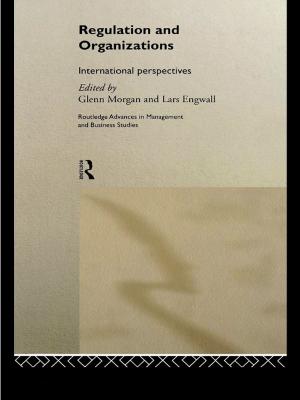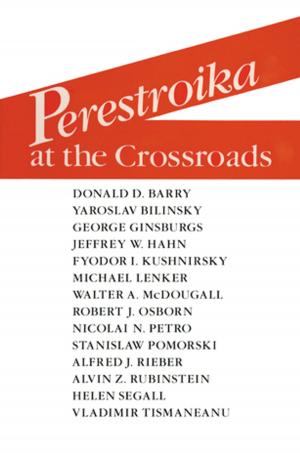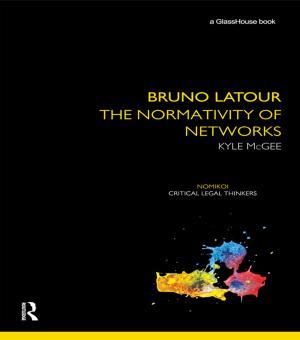Exploring Morality and Sexuality in Asian Cinema
Cinematic Boundaries
Nonfiction, Entertainment, Film, History & Criticism, Performing Arts, Social & Cultural Studies, Social Science, Cultural Studies, Popular Culture| Author: | Peter C. Pugsley | ISBN: | 9781317137283 |
| Publisher: | Taylor and Francis | Publication: | April 15, 2016 |
| Imprint: | Routledge | Language: | English |
| Author: | Peter C. Pugsley |
| ISBN: | 9781317137283 |
| Publisher: | Taylor and Francis |
| Publication: | April 15, 2016 |
| Imprint: | Routledge |
| Language: | English |
This ground-breaking book explores the moral dimensions of sexual imagery in contemporary, general-release Asian films. It examines debates that arise over aesthetic styles and the cultural and traditional influences that determine the content and impact of these films. The social and regulatory environments for filmmakers across Asia reflect distinct national and cultural differences. In just the past decade, for instance, Indian cinema has rapidly moved from representations of coy and submissive female protagonists to highly eroticized leading ladies unafraid of flaunting their sexuality. On the other hand, the cinema emerging from the Chinese mainland has been much more circumspect in its representations of overt sexuality, at times in conflict with other Chinese cinemas from Hong Kong and Taiwan. This use of sexual imagery or morally questionable film content raises on-going debates into censorship and the use of state or industry controls to protect certain sectors of society from exposure to particular narratives or images. Film, like all forms of art, fulfils a number of aesthetic functions for local, regional and international audiences. As distribution and technological advances make Asian films more readily available across the globe, an understanding of the different aesthetics at play will enable readers of this book to recognize key cultural motifs in representations of onscreen sexuality and the surrounding controversies found in cinematic texts from Asia.
This ground-breaking book explores the moral dimensions of sexual imagery in contemporary, general-release Asian films. It examines debates that arise over aesthetic styles and the cultural and traditional influences that determine the content and impact of these films. The social and regulatory environments for filmmakers across Asia reflect distinct national and cultural differences. In just the past decade, for instance, Indian cinema has rapidly moved from representations of coy and submissive female protagonists to highly eroticized leading ladies unafraid of flaunting their sexuality. On the other hand, the cinema emerging from the Chinese mainland has been much more circumspect in its representations of overt sexuality, at times in conflict with other Chinese cinemas from Hong Kong and Taiwan. This use of sexual imagery or morally questionable film content raises on-going debates into censorship and the use of state or industry controls to protect certain sectors of society from exposure to particular narratives or images. Film, like all forms of art, fulfils a number of aesthetic functions for local, regional and international audiences. As distribution and technological advances make Asian films more readily available across the globe, an understanding of the different aesthetics at play will enable readers of this book to recognize key cultural motifs in representations of onscreen sexuality and the surrounding controversies found in cinematic texts from Asia.















